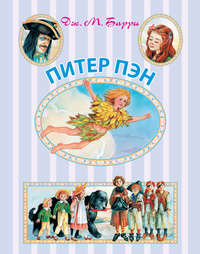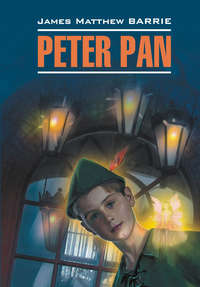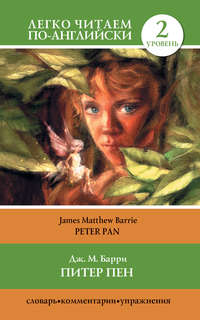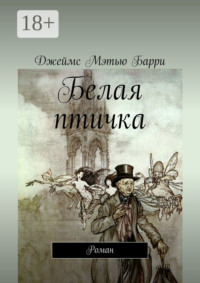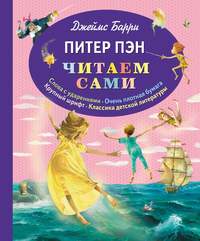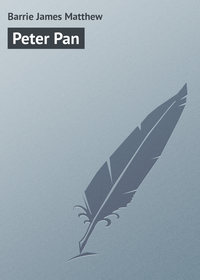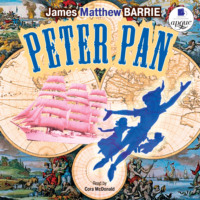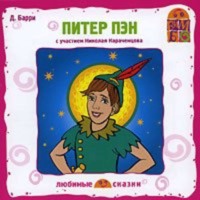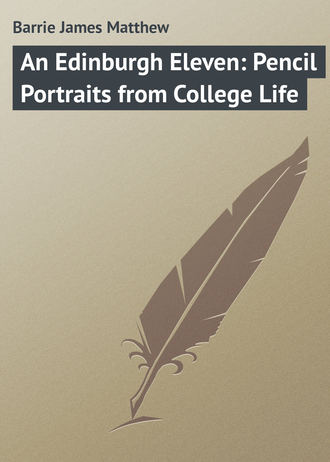
An Edinburgh Eleven: Pencil Portraits from College Life
The privilege of critics is to get twelve or twenty minor poets in a row, and then blow them all over at once. I remember one who despatched Dr. Smith with a verse from the book under treatment. Dr. Smith writes of a poet's verses, "There is no sacred fire in them, Nor much of homely sense and shrewd;" and when the critic came to these lines he stopped reading: he declared that Dr. Smith had passed judgment on himself. This is a familiar form of criticism, but in the present case it had at least the demerit of being false. There is so much sacred fire about Dr. Smith's best poetry that it is what makes him a poet; and as for "homely sense and shrewd," he has simply more of it than any contemporary writer of verse. It is what gives heart to his satire, and keeps him from wounding merely for the pleasure of drawing blood. In conjunction with the sacred fire, the noble indignation that mean things should be, the insight into the tragic, it is what makes "Hilda" his greatest poem. Without it there could not be pathos, which is concerned with little things; nor humor, nor, indeed, the flash into men and things that makes such a poem as "Dr. Linkletter's Scholar" as true as life, as sad as death. If only for the sake of that noble piece of writing, every Scottish student should have "North-Country Folk" in his possession. The poem is probably the most noteworthy thing that has been said of northern university life.


